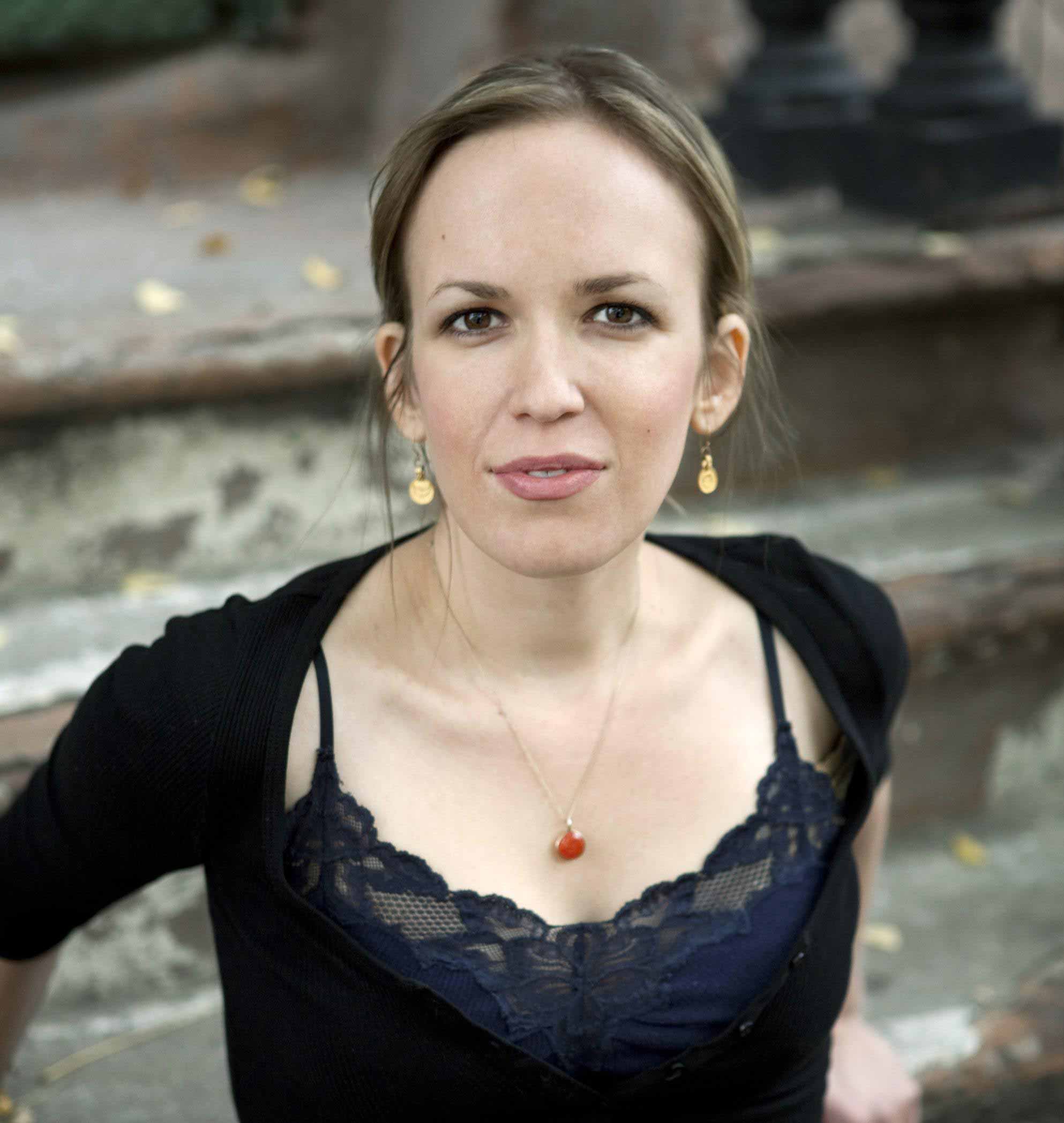Composition and Theory
Composition and Theory Faculty
“At the end of the day, what is the voice inside you that most wants to speak? Whether that voice is calling out to be heard loudly or calling in a soft, internal voice, it needs to be heard by you the artist, first, before it can be shared with the world. At Longy, you can find or nurture that voice, so that it is as strong and deep as your unique and expressive contribution and presence on this planet.”
— Alexandra du Bois
Hsiu-Ping Patrick Wu, Master of Music ’22 and Graduate Diploma in Composition ’23
Christina George, 2021 Winner of the Pappalardo Prize in Composition
Program Highlights
Longy composers work in a vibrant, artistic environment where they collaborate actively with performers to bring their music to life. Composition students benefit from experienced mentoring in a supportive new music community dedicated to high standards and academic inquiry. Occasions to write music for soloists, chamber groups, orchestras, and contemporary ensembles abound! The Custom Commission unit of Longy’s Catalyst Curriculum fosters extensive collaboration between performance and composition students. Composers will also have the opportunity to work with partners like Radius Ensemble, the New England Jazz Collaborative, and the New Gallery Concert Series.
COURSE HIGHLIGHTS
In the Manner Of
One of the time-honored ways of learning to compose has been the imitation of existing styles. Choose an inspirational composer, immerse yourself in their music, and try your hand at composing pieces in their style to be performed by classmates.
Computer Composition and Sound Design
Dive into the world of sound design for music and multimedia projects. Create new timbres and electroacoustic compositions using digital synthesis, sampling, and signal processing.
Have Your Music Heard
Composition students are fortunate to have many opportunities at Longy for reading and public performances of their works, including:
New Music by Longy Composers: The Composition Department presents three concerts per year of music composed in-residence at Longy.
New Music Marathon: A day long new music event featuring work by students, faculty, and alumni.
Longy Conservatory Orchestra Readings and Performance: Each year, the orchestra assists in the development of composers by reading student works and programming at least one work for performance.
Ensembles-in-residence and partnerships: Students receive readings and performances with professional ensembles including: Radius Ensemble, Horszowski Trio, Boston Opera Collaborative, Collage New Music, and many more.
MM Performance Requirement: MM students in the voice, strings, and winds/brass departments are required to perform one work by a Longy composer before they graduate.
LongyLab: Concerts dedicated to pushing the boundaries of musical expression.
Honors Concert: Students can enter compositions to be performed at the year-end Honors Concert.
More Program Highlights
Studio Lessons: Individual instruction with a faculty mentor is the cornerstone of conservatory education at Longy. Esteemed faculty members address the aesthetic and professional goals of each student composer while enlarging the scope of each student’s technique and artistic insight.
Master Classes and Seminars: Weekly seminars with Longy faculty and distinguished guests offer insight and professional guidance by combining analytical workshops, discussions, faculty and student presentations, group composition lessons, and consideration of career issues.
Collaborative Environment: Creative projects designed in partnership with Longy’s performance departments are an integral component of the program. Common projects include art song composition with the voice department, improvisation-based projects with the Jazz and Contemporary Music department, and solo/chamber pieces composed for our instrumental departments. Workshops and reading sessions foster the close collaboration between composer and performer.
Teaching Artist Program: Explore and strengthen the skills required to engage and communicate with audiences of all ages and backgrounds. Be challenged to think more deeply and broadly about music, its role in society, and how you as an artist can create social change.
Computer Music Studio: Composers have the opportunity to create and perform electroacoustic and computer music in the school’s studio. Related coursework includes instruction in composition using digital synthesis, hard-disk recording and editing, signal processing, MIDI, and real-time interactive techniques. The studio equipment is centered around an Apple Mac Pro computer, Logic Studio Pro, multiple MIDI controllers, and 5.1 surround sound capabilities. Composers also work heavily with computer music programming languages such as Max, SuperCollider, and Csound.
Portfolio project: At the heart of being an artist in society is self awareness and identity and determining what you have and wish to say to the world. While technology has made human interaction instant and quick, it also presents the potential for social and professional connections to be easily dismissed. The power of the individual, and his or her voice, remains irreplaceable and strong. Portfolio Project enables students to develop and sound their individual voice; they will create a resume, biography, website, and artist statement, along with other important supportive collateral (head shot, video and audio samples). In addition, they will be trained in public presentation, stage presence, and interview techniques.
“As a composition student, you’re always trying to get your music performed, heard, and exposed. Longy is unique in its approach: with the school’s Catalyst Curriculum, there’s a Custom Commission requirement that ensures performers and composers work together as part of every graduate degree. And not just because the composers need this groundwork for their careers—Longy stresses the importance of new works and collaboration with composers for all performers.” — Kalden Alexander

